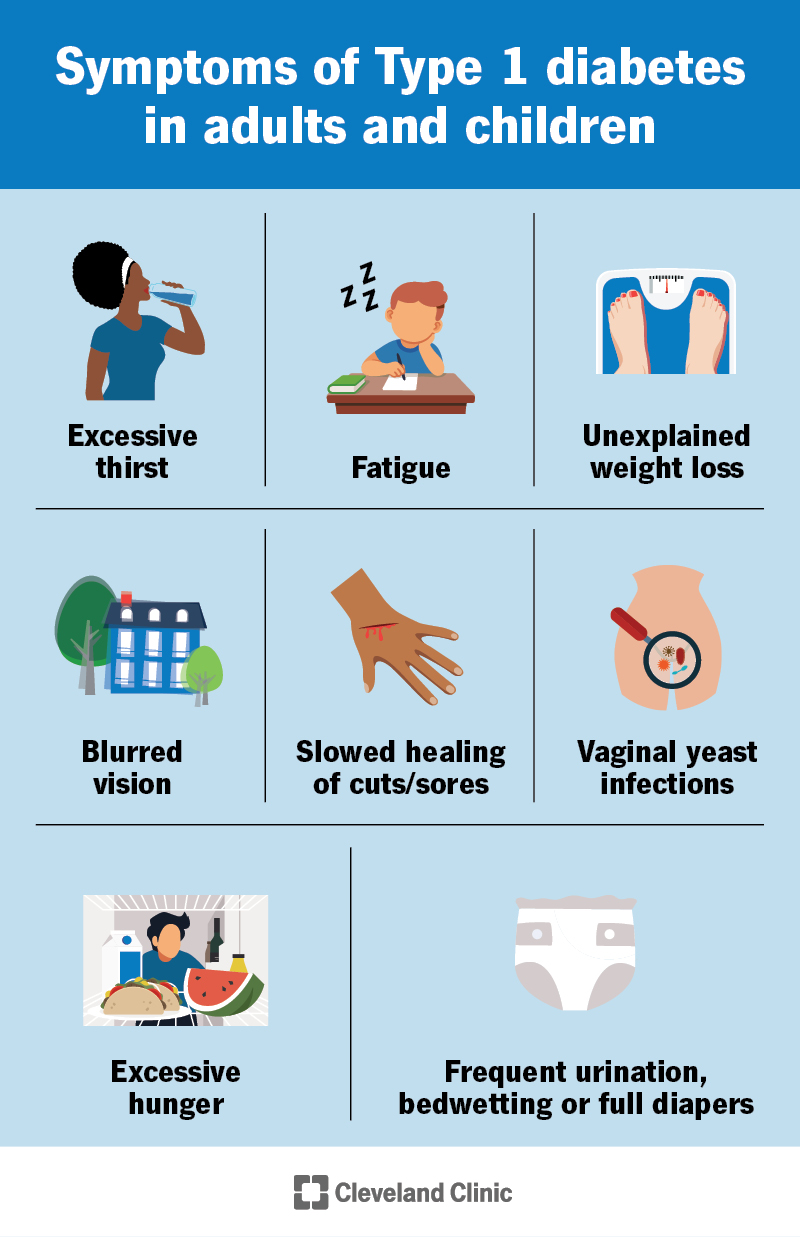Rise by Six: Your Daily Dose of Inspiration
Explore insights and stories that elevate your day.
Sugar Rush or Sugar Crash? The Diabetic Dilemma
Explore the sweet truth behind sugar highs and lows—unravel the diabetic dilemma today! Discover how to balance your cravings and health.
Understanding the Effects of Sugar on Blood Sugar Levels
Understanding the effects of sugar on blood sugar levels is crucial for maintaining overall health, especially for those at risk of diabetes or insulin resistance. When sugar is consumed, it is quickly absorbed into the bloodstream, leading to a rapid increase in blood sugar levels. The body responds to this spike by releasing insulin, a hormone that helps cells absorb glucose for energy. If sugar is consumed excessively or too frequently, it can lead to an overstimulation of insulin, resulting in fluctuating blood sugar levels that may cause fatigue, cravings, and even irritability.
Additionally, chronic high sugar intake can contribute to more serious health issues, such as obesity and metabolic syndrome. It’s essential to recognize that not all sugars are created equal; natural sugars found in fruits and vegetables come with fiber and nutrients that mitigate their impact on blood sugar. In contrast, added sugars often found in processed foods lack these benefits and can lead to long-term health problems. To maintain stable blood sugar levels, it's advisable to focus on a balanced diet, rich in whole foods, and limit the consumption of products high in added sugars.

10 Tips for Managing Sweet Cravings with Diabetes
Managing sweet cravings when you have diabetes can be challenging, but with the right strategies, it is definitely achievable. Here are 10 tips for managing sweet cravings that you can incorporate into your daily routine:
- Stay Hydrated: Often, thirst can masquerade as hunger or cravings. Drinking plenty of water throughout the day can help reduce the urge for sweets.
- Choose Healthy Snacks: Keep healthy snacks like fruits, nuts, or yogurt on hand. These options can satisfy your sweet tooth without spiking your blood sugar levels.
- Plan Your Meals: Having a balanced meal plan can help you avoid impulsive eating and better manage sweet cravings.
It’s vital to remember that it’s okay to enjoy sweets in moderation. Here are a few more tips to help you along the way:
- Practice Mindful Eating: Take your time when indulging in sweets. Savoring the flavor can help you feel satisfied with smaller portions.
- Stay Active: Regular physical activity can help manage blood sugar levels and reduce cravings.
- Get Support: Connect with others who understand your journey with diabetes; sharing experiences can provide motivation and accountability.
- Seek Professional Guidance: Consult with a nutritionist or diabetes educator who can provide personalized tips and strategies tailored to your needs.
Sugar Rush or Sugar Crash: What Every Diabetic Should Know
Understanding the concept of a sugar rush and its counterpart, the sugar crash, is crucial for managing diabetes effectively. A sugar rush occurs shortly after consuming foods high in sugar, leading to a spike in blood glucose levels. Symptoms such as increased energy and heightened mood may tempt individuals to indulge in sugary treats. However, this temporary energy boost is often followed by a sugar crash, resulting in fatigue, irritability, and decreased concentration as blood sugar levels plummet.
For those living with diabetes, it is vital to monitor carbohydrate intake and opt for complex carbohydrates that provide a more stable release of energy. Incorporating foods rich in fiber, such as whole grains, fruits, and vegetables, can help mitigate the rapid spikes and drops in blood sugar. Additionally, maintaining a consistent meal schedule can prevent these fluctuations, allowing individuals to enjoy balanced energy levels throughout the day without the risk of a sugar rush or sugar crash.